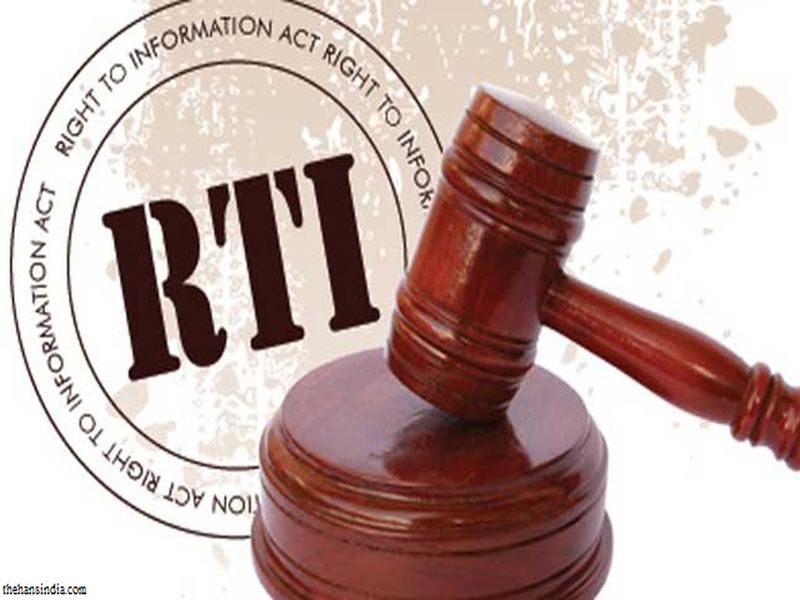Understanding the RTI Act: A Tool for Transparency in Governance

Introduction
The Right to Information (RTI) Act, enacted in India in 2005, is a pivotal legislation that empowers citizens to request information from public authorities. By promoting transparency and accountability, the RTI Act serves as a key tool for combating corruption and enhancing good governance. With rising public awareness of their rights, the importance of the RTI Act has become more pronounced, particularly in a democratic setup where information access is crucial.
Key Features of the RTI Act
The RTI Act grants Indian citizens the right to request information from any public authority, which is required to reply expeditiously or within thirty days. The Act covers all levels of government—central, state, and local—as well as non-government organizations substantially funded by the government. Importantly, the Act mandates the appointment of Public Information Officers (PIOs) in every government department to assist in the dissemination of information.
Moreover, the Act lists specific exemptions under which information can be withheld, such as national security, personal privacy, and certain other sensitive matters. However, the proactive disclosure of information is also encouraged, allowing citizens to access data and records without formally filing a request.
Recent Developments and Challenges
In recent years, the RTI Act has faced challenges that have raised concerns about the protection of whistleblowers and the safety of RTI activists. Various reports indicate threats and violence against individuals who have sought information regarding corruption and irregularities in public administration. Advocacy groups have urged the government to strengthen measures to protect these activists, ensuring that they can operate without fear of retaliation.
Additionally, as of 2023, there have been discussions about amending the RTI Act to enhance its framework. Proposals include reducing the RTI fees and speeding up the processing time for requests. However, there are also apprehensions regarding potential changes that might dilute the effectiveness of the Act or limit access to information.
Conclusion
The RTI Act remains a cornerstone of India’s democratic framework, allowing citizens to play an active role in governance. As it celebrates over 15 years of implementation, the RTI Act continues to empower individuals by promoting transparency and accountability. Looking ahead, it is essential for stakeholders, including government bodies, civil society, and citizens, to advocate for the protection of this crucial legislation. As citizens become more informed about their rights and the power of information, the RTI Act’s relevance is likely to increase, contributing to a more transparent and accountable governance system.









